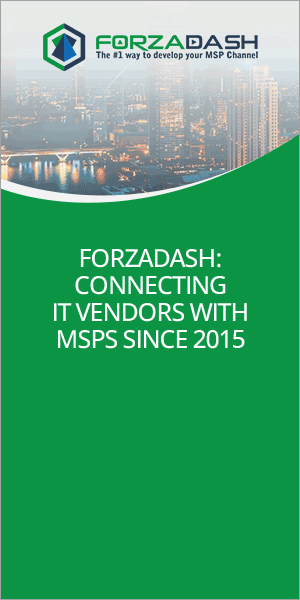The content marketing funnel, or the sales funnel, is a strategic framework vendors use to guide potential MSP customers through the stages of the buyer’s journey. The primary goal of the content marketing funnel is to attract, engage, and convert prospects into loyal customers by providing valuable and relevant content at each stage of their decision-making process. This blog will explore the content marketing funnel and discuss how it can effectively drive conversions and foster brand loyalty.
Stages of the Content Marketing Funnel:
1. Awareness Stage: The top of the funnel is the awareness stage, where prospects are initially introduced to your brand and become aware of their specific pain points or needs. At this stage, the content should focus on providing informative, educational, and valuable content that resonates with the target audience. Blog posts, social media content, videos, infographics, and downloadable guides are practical formats for raising brand awareness and attracting a wider audience.
For example, a security company selling to MSPs might create blog posts and videos explaining common challenges businesses face in their industry and how their software solutions can help address those issues.
2. Consideration Stage: In the consideration stage, prospects have identified their problem and actively seek solutions. Your content should now aim to showcase your brand as a viable solution and build trust and credibility. Case studies, customer testimonials, in-depth eBooks, comparison guides, and webinars are excellent content formats for this stage.
Continuing with the security company example, they could create a webinar demonstrating the features and benefits of their solution while presenting real-world success stories from satisfied MSPs.
3. Decision Stage: At the bottom of the funnel, prospects are ready to decide and choose a solution that best fits their needs. The content at this stage should focus on persuading the prospect to choose your brand over competitors. Free trials, product demos, personalized offers, and customer success stories with measurable results are consequential content types for encouraging conversion.
The security company could offer a free trial of their solution and send personalized emails to MSP prospects, highlighting specific features that align with their needs and providing success stories from similar MSPs.
Content Marketing Funnel Best Practices:
1. Consistency and Cohesion: Ensure that your content across all stages of the funnel aligns with your brand’s voice, tone, and values. Consistent messaging creates a cohesive brand experience for prospects as they progress through the funnel.
2. Track and Analyze Performance: Regularly monitor the performance of your content at each stage of the funnel. Analyze metrics such as website traffic, click-through rates, time on page, and conversion rates to identify areas of improvement and optimize your content strategy accordingly.
3. Personalization and Segmentation: Utilize data from your audience to personalize content based on individual preferences and behaviors. Segment your audience to deliver highly targeted content that resonates with specific groups of prospects.
4. Nurture Leads through Automation: Implement marketing automation to nurture leads throughout the funnel. Set up automated email sequences, trigger content delivery based on user actions, and use retargeting strategies to keep your brand top-of-mind.
5. Provide Value at Every Stage: Always prioritize the value you offer to your audience. Quality content that addresses their pain points and needs will keep them engaged and willing to move down the funnel.
In conclusion, the content marketing funnel is a fundamental framework that allows businesses to engage prospects at every stage of the buyer’s journey. By providing valuable content that addresses their needs and guides them toward making an informed decision, businesses can build trust, credibility, and brand loyalty. Remember to tailor your content for each stage of the funnel, track performance, personalize when possible, and consistently deliver value to create a successful content marketing funnel that drives conversions and fosters long-term customer relationships.



